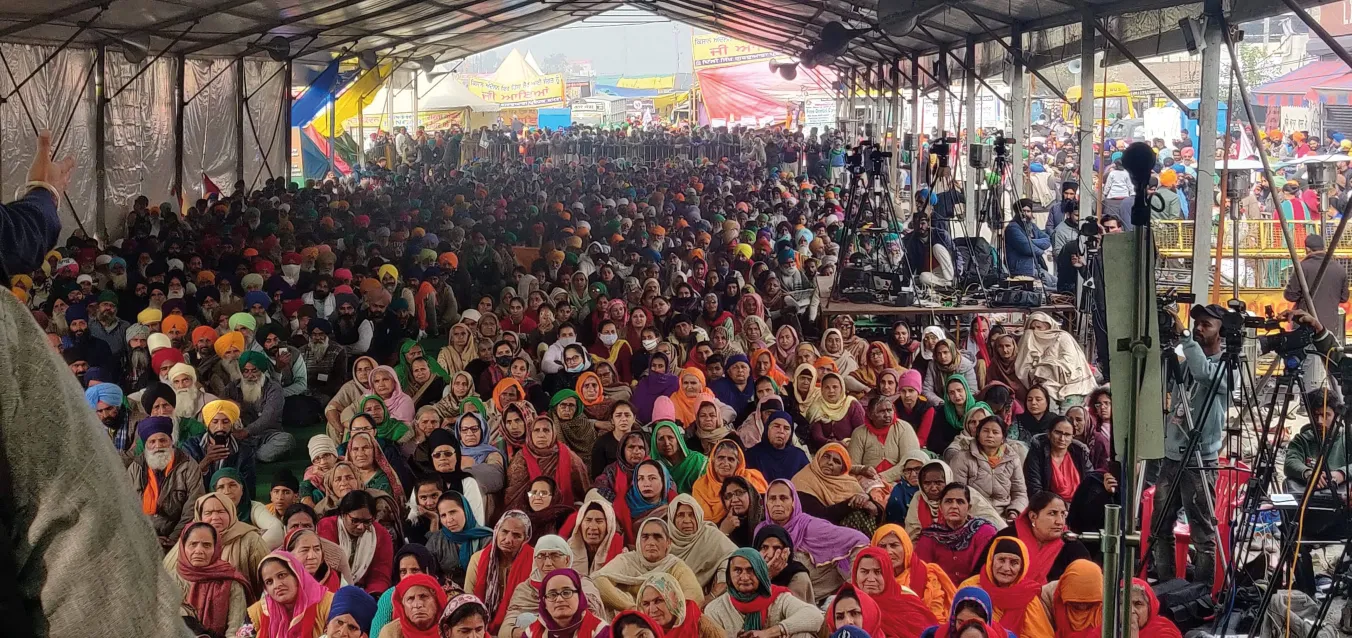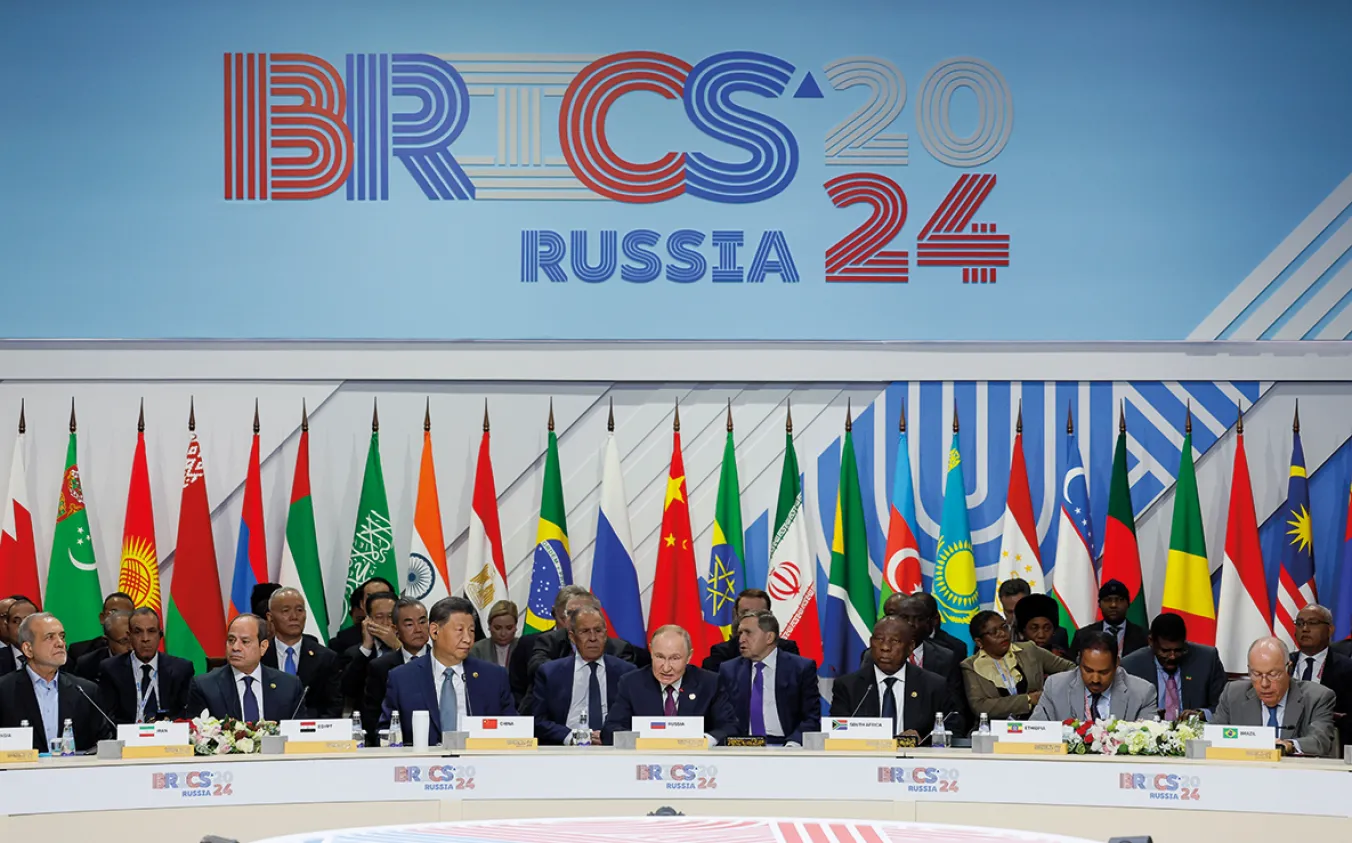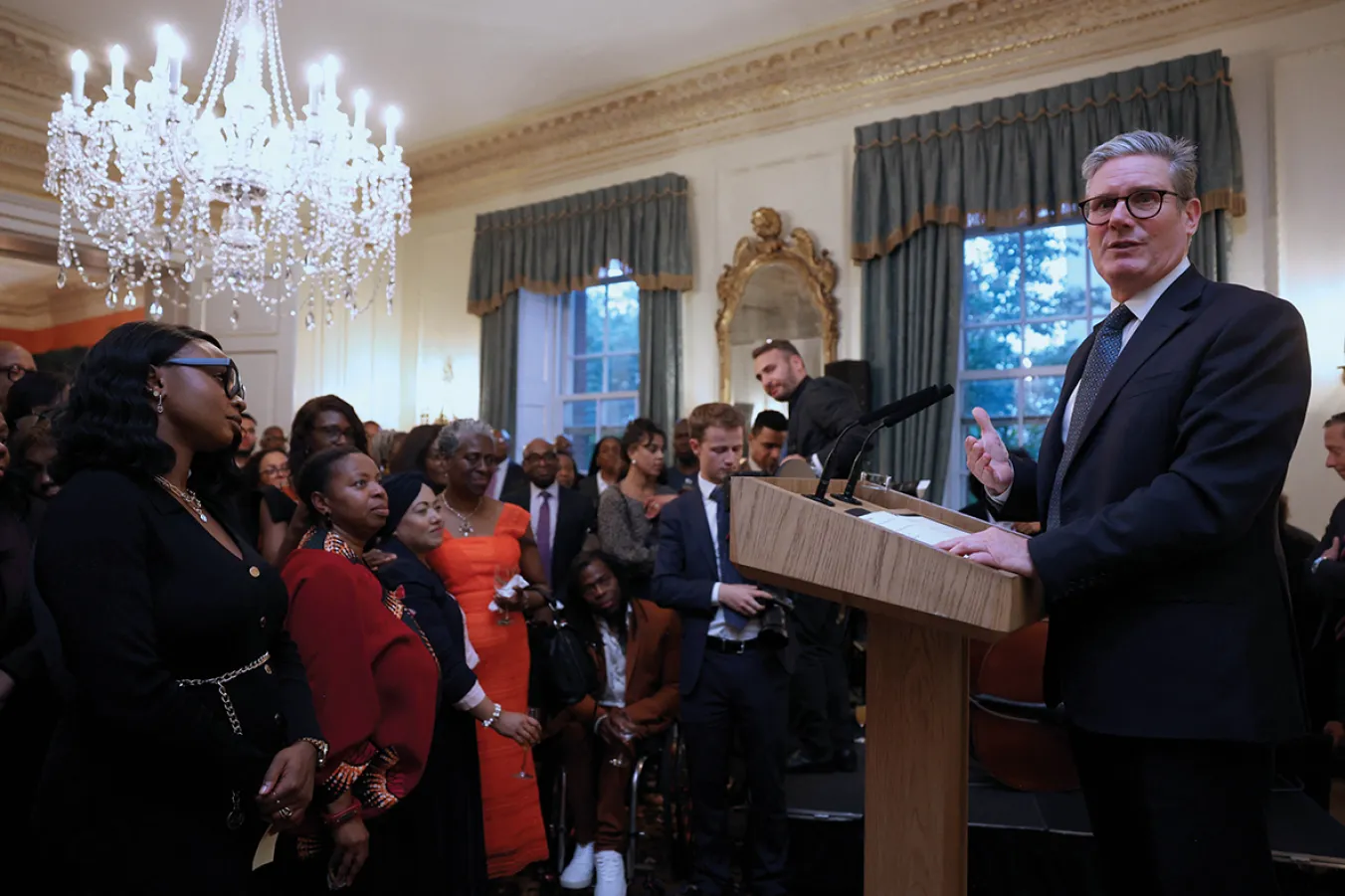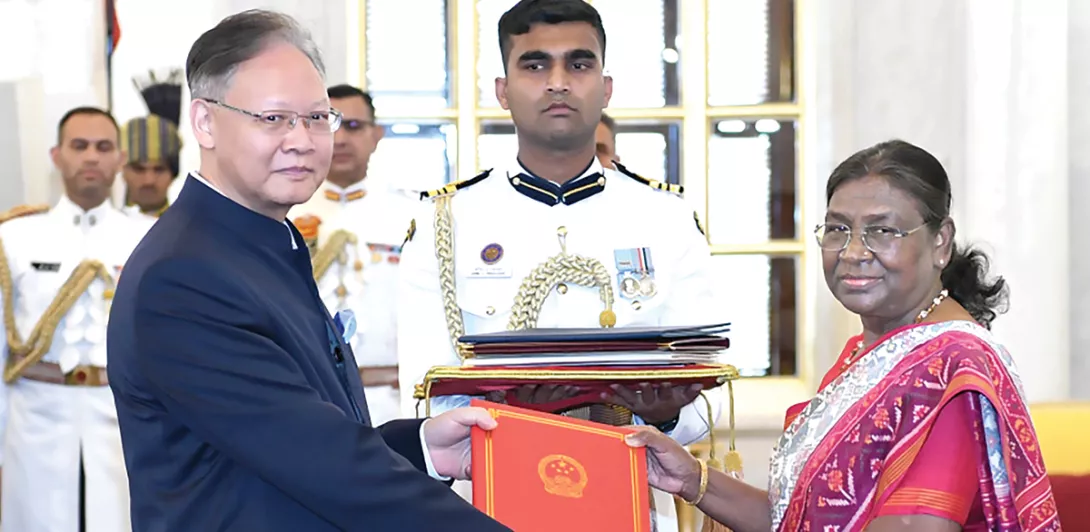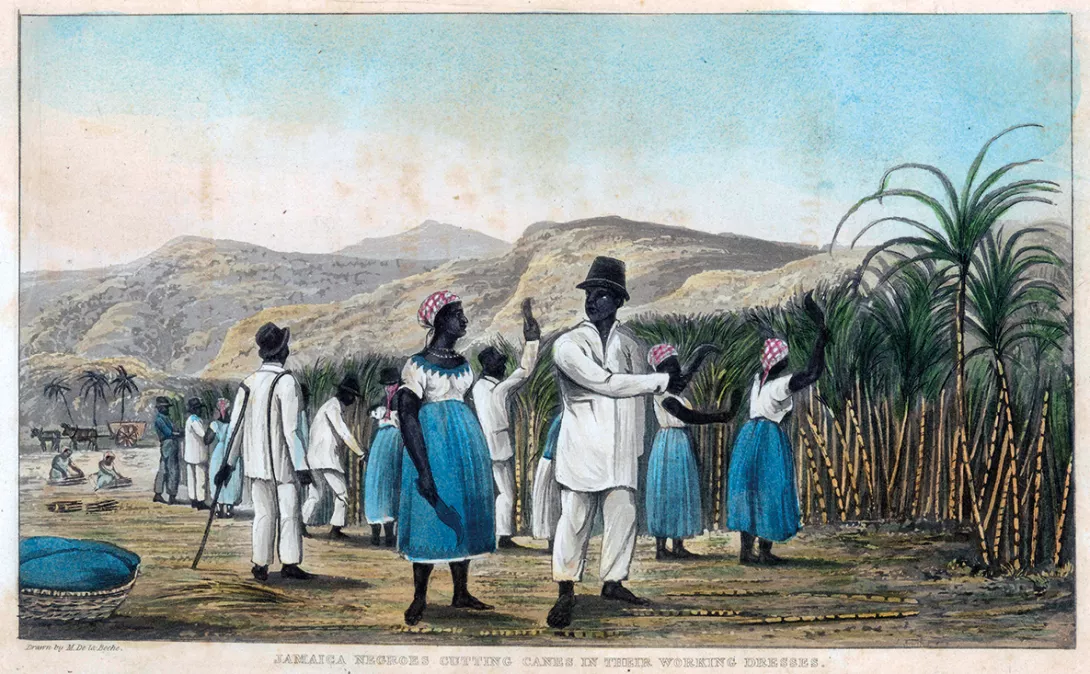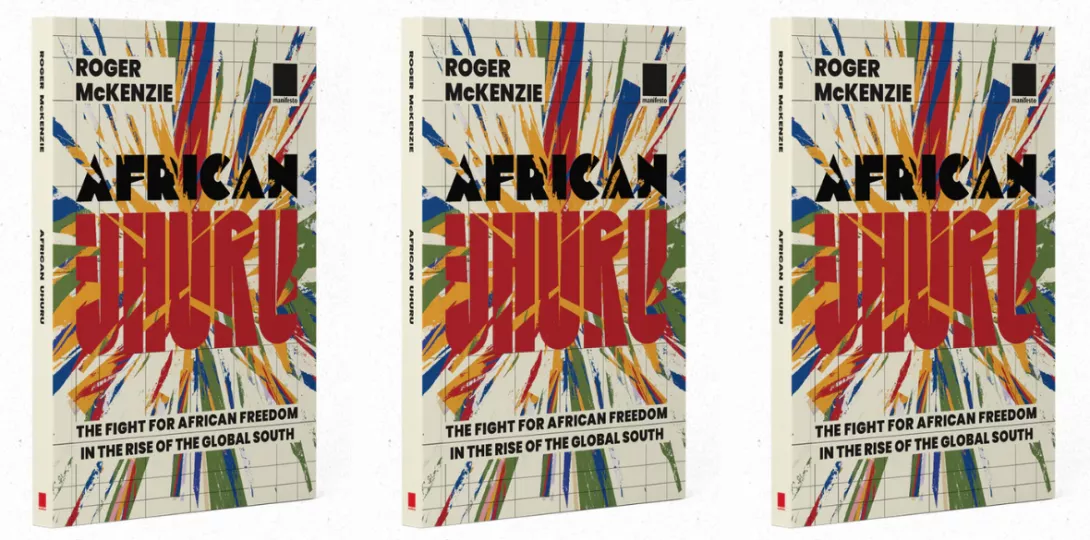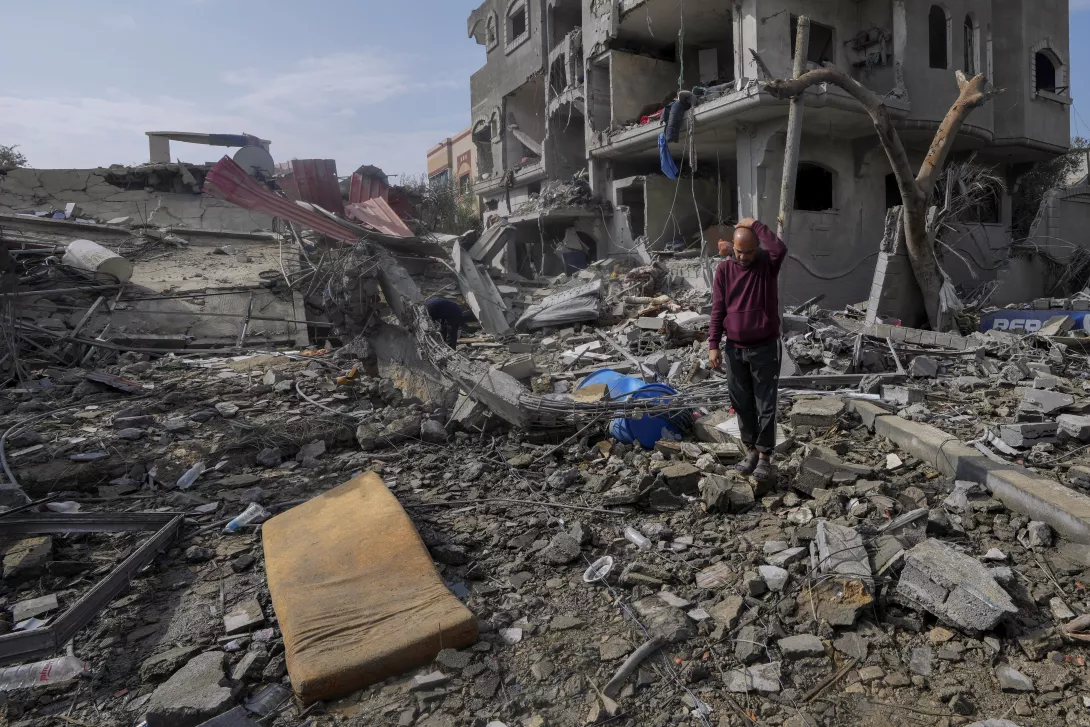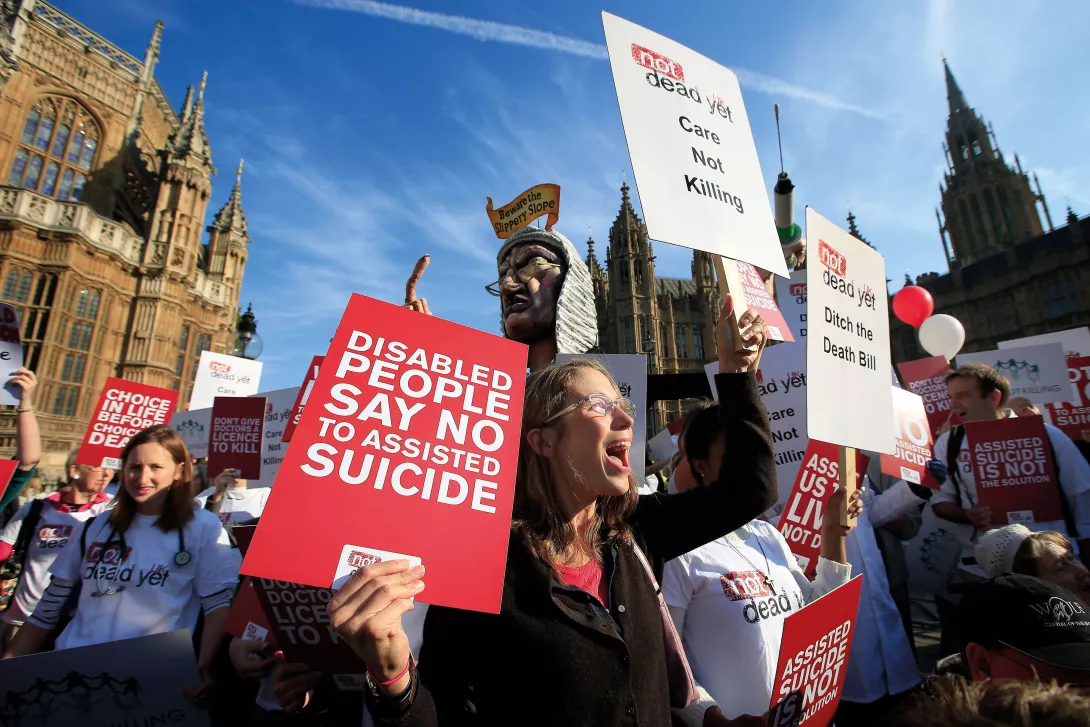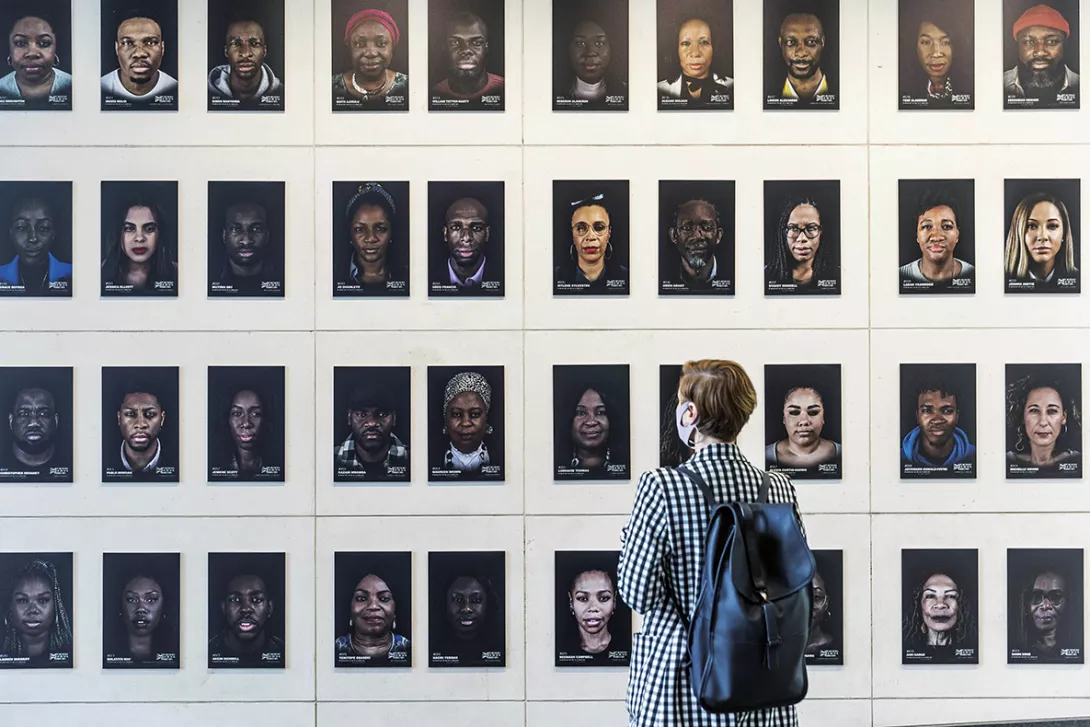
THE ability to name something is a superpower that racists and colonialists have thrived on for hundreds of years.
I have often told the story of the way my father somehow became Pete locally when his actual name was Keith. It was because some local white people decided that they had the right and the power to determine what his name would be — Keith being obviously a difficult name to pronounce!
This is a common experience for many in the Asian community where their names are routinely changed to something that was much more palatable to whites who were far too lazy to learn the proper way to pronounce their true names.
One of the reasons that it is so important to accept when we people of colour choose to designate ourselves as “black” is because it is our choice — and not a label thrust upon us.
The fashion for lumping us all together under a myriad of acronyms, such as BAME or BEAM and the like, is deeply insulting and if you do it please stop it immediately.
It is, of course, not the least bit compulsory for everyone “of colour” to call themselves black. But it is our right to choose and not something to be foisted on us.
In the US Malcolm Little, along with others in the Nation of Islam (NOI), rejected the name inherited from the slave owners of their ancestors and replaced it with an X to signify the unknown nature of their surname.
Regardless of your views on the NOI, it’s a powerful statement of reclaiming your power.
I was born and raised in Walsall, only part of which is in what is known as the Black Country — and luckily, I fell into the area, making me a fully fledged “black country boy.”
It is not called that name because it is a land kindly set aside for black people who migrated to the area in large numbers as part of the Windrush generation.
The area, which has no lines drawn for its boundaries — you simply need to know — or, some people say, feel it — got its name after a visiting Queen Victoria allegedly peered out from behind the curtains of her coach and upon seeing the soot-covered buildings said: “This is a very black country.”
But she didn’t name it — the people chose it!
The names we now attribute to particular African nations are names “kindly” provided by colonisers who had no hesitation whatsoever in drawing lines to preserve their access to precious minerals and, of course, black Africans to enslave.
The most populous African nation, Nigeria, an area of heavy enslavement in common with the whole of west Africa, was apparently “gifted” its name on January 8 1897 courtesy of British journalist Flora Shaw, who was married to a British colonial administrator.
Derived from the Latin word nigreos, meaning black, the country was named for the Niger River which runs through the country.
More than 250 ethnic tribes live in present-day Nigeria — none of which were consulted by Shaw or her husband over the name attributed to the lines drawn that suddenly constituted a country.
Famously, after the defeat of the apartheid Rhodesian regime in 1980, a country named after the notorious racist Cecil Rhodes, the country was renamed Zimbabwe to assert a new national identity and to distance the country from its colonial past.
The current chapter in the war on the Palestinians being waged by the Israeli settler regime has also thrown into sharp relief how the ability to name a person, country or region gives power to the “namer” and also how it becomes common parlance even when it has no real meaning.
What is now commonly referred to as the “Middle East” only started being widely used at the beginning of the last century.
The term was apparently made up by US naval strategist Alfred Thayer Mahan to distinguish the region between Egypt and Singapore.
In reality, of course, there is no such place as the Middle East. It is more accurately west Asia in the same way as India and Pakistan are South Asia.
What is now largely considered to be the Middle East has also previously been labelled by the West as the Near East.
But, as I understand it, a distinction was made between the Balkans and the eastern Mediterranean, which became the Near East and the region around Iran and the Persian Gulf, which was largely referred to as the Middle East.
I am not pretending to be some sort of expert geographer, but what I do know is that for British colonial administrators, what became known as the Middle East was crucial to the defence of their empire's “jewel in the crown” — India.
This meant power had to be exerted over the area. To name it is to own it, because control over the region was vital for the British to easily reach the eastern end of the empire on which the sun apparently never set.
My point in exploring this issue though, is to underline the power that naming has in defining who and what you are.
If you lose the power to decide your name, you lose access to your history and culture.
I will likely never know the African names of my ancestors, the exact language they spoke, the work they did and the customs they had.
DNA testing can take me so far, and has been extremely helpful in identifying part of my lineage, but there is much that has been lost to me because of enslavement and colonialism.
The arbitrary drawing of lines by some nameless colonial administrator creates a boundary to restrict the movement of an individual unless they had one of those relatively new-fangled things called passports which have only been in common usage since World War I.
Passports were issued to control entry and exit and when peace came in 1918 most countries retained both border controls and passports.
I think the right to name yourself is a fundamental right of any individual, region or country.
Taking away that right has more to do with protecting access to resources, human or otherwise, that will enrich the particular colonial project or projecting racist power.
We should call people or places by their correct names and reject the racist given names.
In that vein, let’s start referring to the Middle East as West Asia and also reclaim the power to name ourselves.

